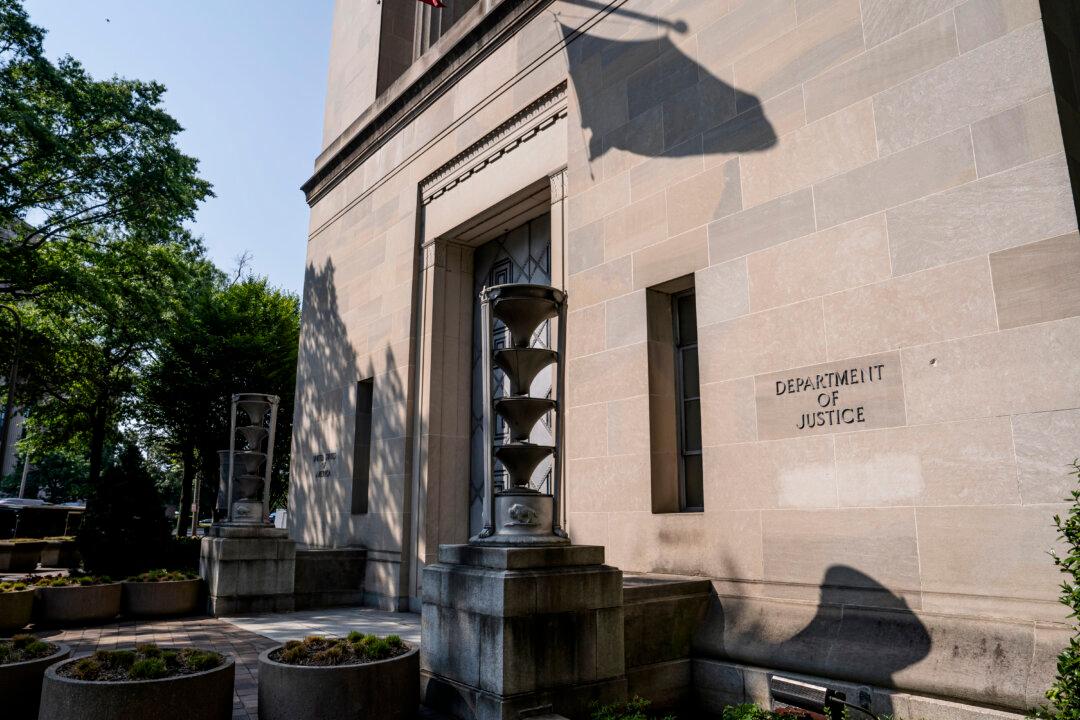The United States has opened a civil suit against a furniture company executive for allegedly making false statements to customs officials to avoid paying import duties on products manufactured in China to be sold in the United States.
The Department of Justice (DOJ), Customs and Border Protection, and Homeland Security Investigations officials announced the suit on Oct. 31, alleging Lawrence Bivona, former president of Delaware-based company LaJobi Inc., evaded paying around $7 million in duties. The company sold children’s furniture.





